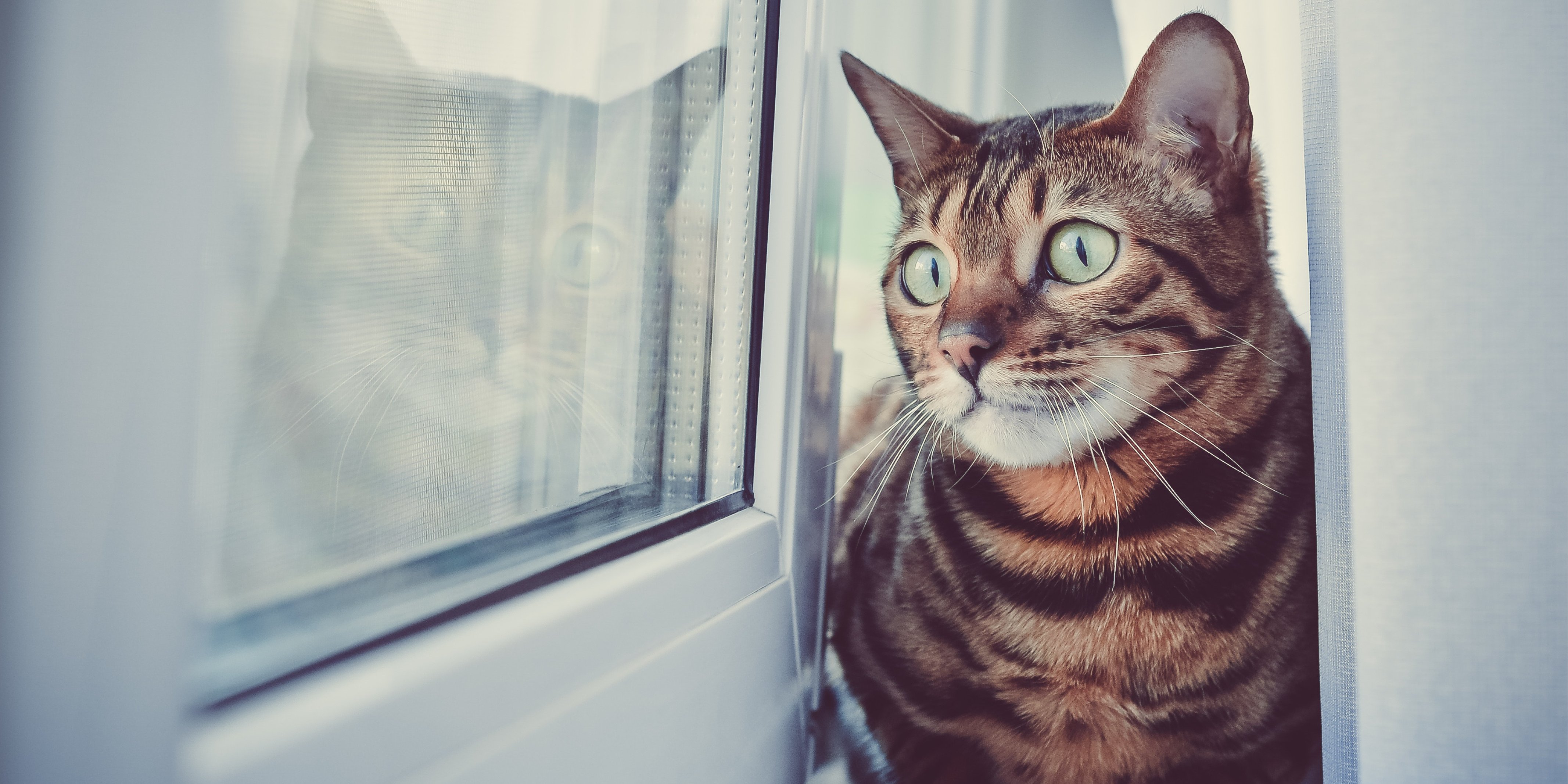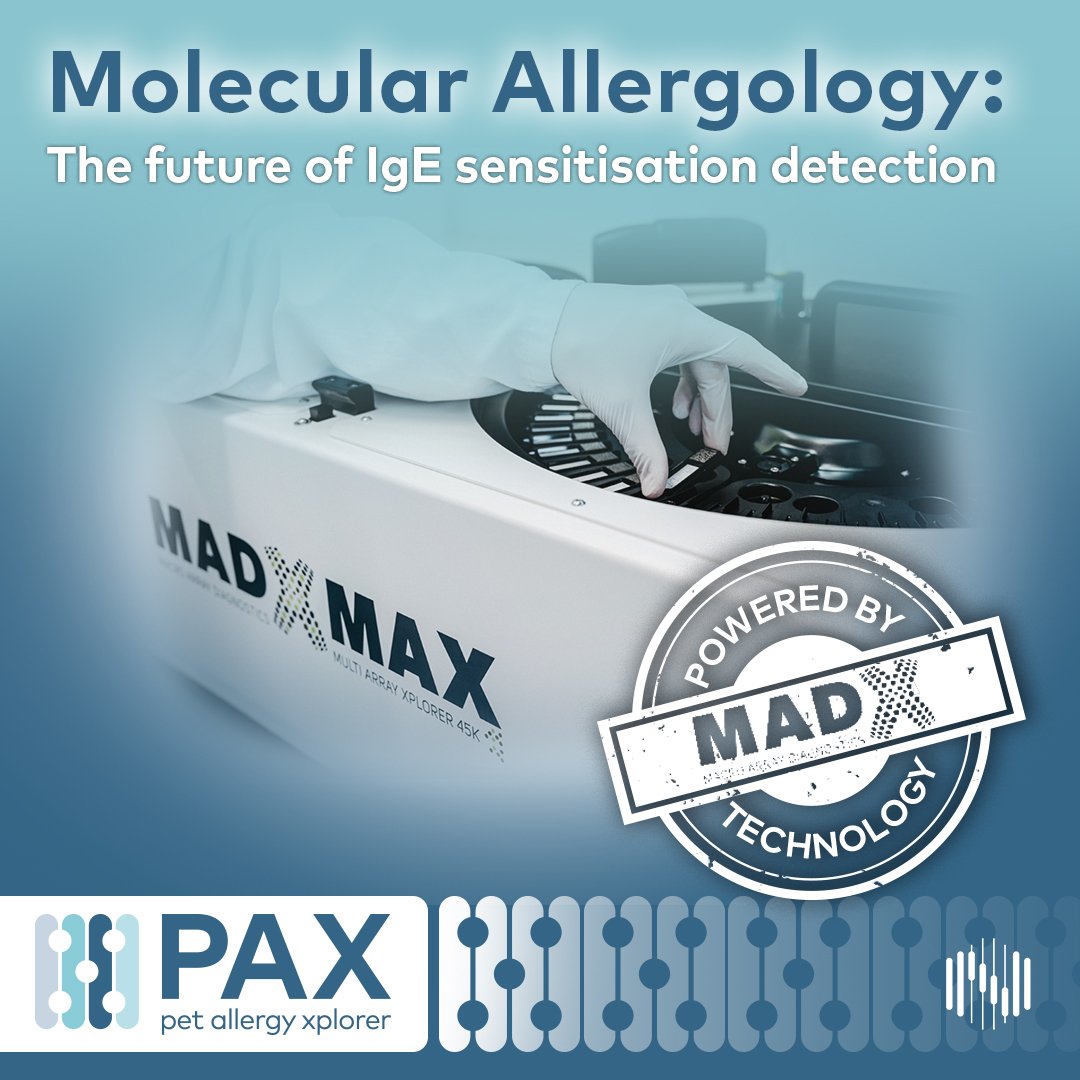Decorations might not be the only thing on your tree this year. As outlined in a 2011 study by Upstate Medical University, Christmas trees may harbor a variety of molds that can be problematic for allergy-sufferers.
In the podcast, HealthLink on Air, the study author and pulmonologist, Dr. Larry Kurlandsky M.D., explained how his team collected specimens from more than 20 trees and conducted culture and DNA sequence analysis on these specimens. Their analysis revealed that more than 50 different molds were found on these specimens, four of which cause problems for allergy-sufferers.
The problematic molds, which were the most commonly found molds on the specimens, were Aspergillus, Penicillium, Cladosporium, and Alternaria. Each of these is a potential allergen to humans, as well as to pets.
“These four molds were quite numerous,” Dr. Kurlandsky described in his interview. Although this finding isn’t proof, he warned listeners, “It led us … to suggest that the Christmas tree could be a source of an incredible allergic exposure during the Christmas holiday.”
The study authors do acknowledge the need for more research on the subject, addressing the possibility that molds could have been present in the homes before the trees arrived. Dr. Kurlandsky also mentioned in the podcast that, although the sample involved a couple kinds of trees, the potential variability of species and trees from different regions weren’t measured in this study.
Nonetheless, he did point out that the longer the Christmas tree remains in the house, the higher the likelihood that mold spores could be present in the air. That said, there are precautions pet parents can take to limit your patient’s exposure to these allergens.
One method Dr. Kurlandsky suggested? Investing in an artificial tree. If the artificial tree is a holdover from the previous year, avoid introducing another type of allergen into house by dusting its branches prior to bringing it indoors.
What if you’re not into an artificial tree? Dr. Kurlandsky says you can lessen the number of allergens on the tree you pick out by spraying it with a hose and allowing it to dry before bringing it indoors.
If you are concerned that your pet may be suffering from allergic reactions to these molds, we can test and treat for these allergens at our state-of-the-art facility.
 Global English
Global English

 UK
UK



